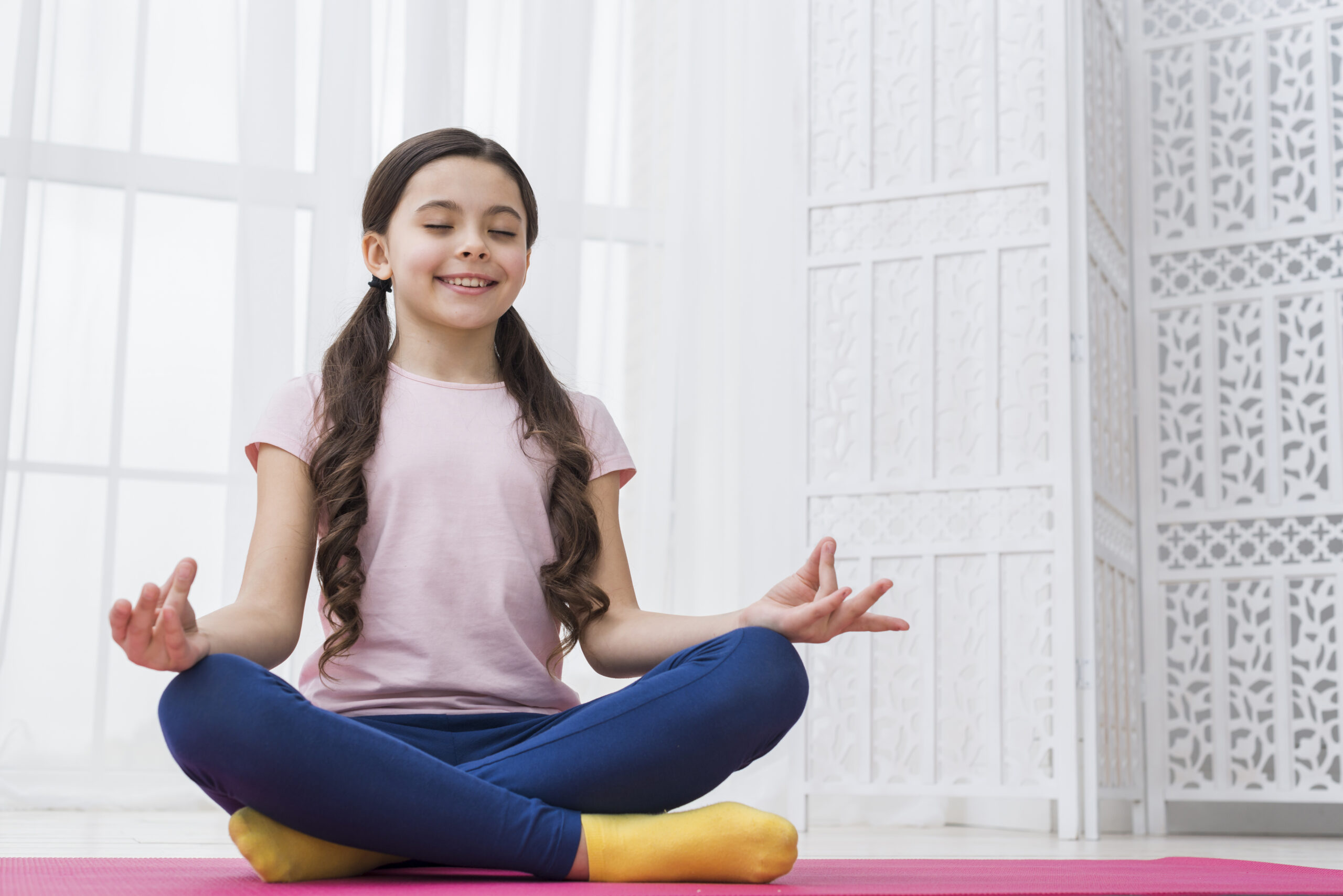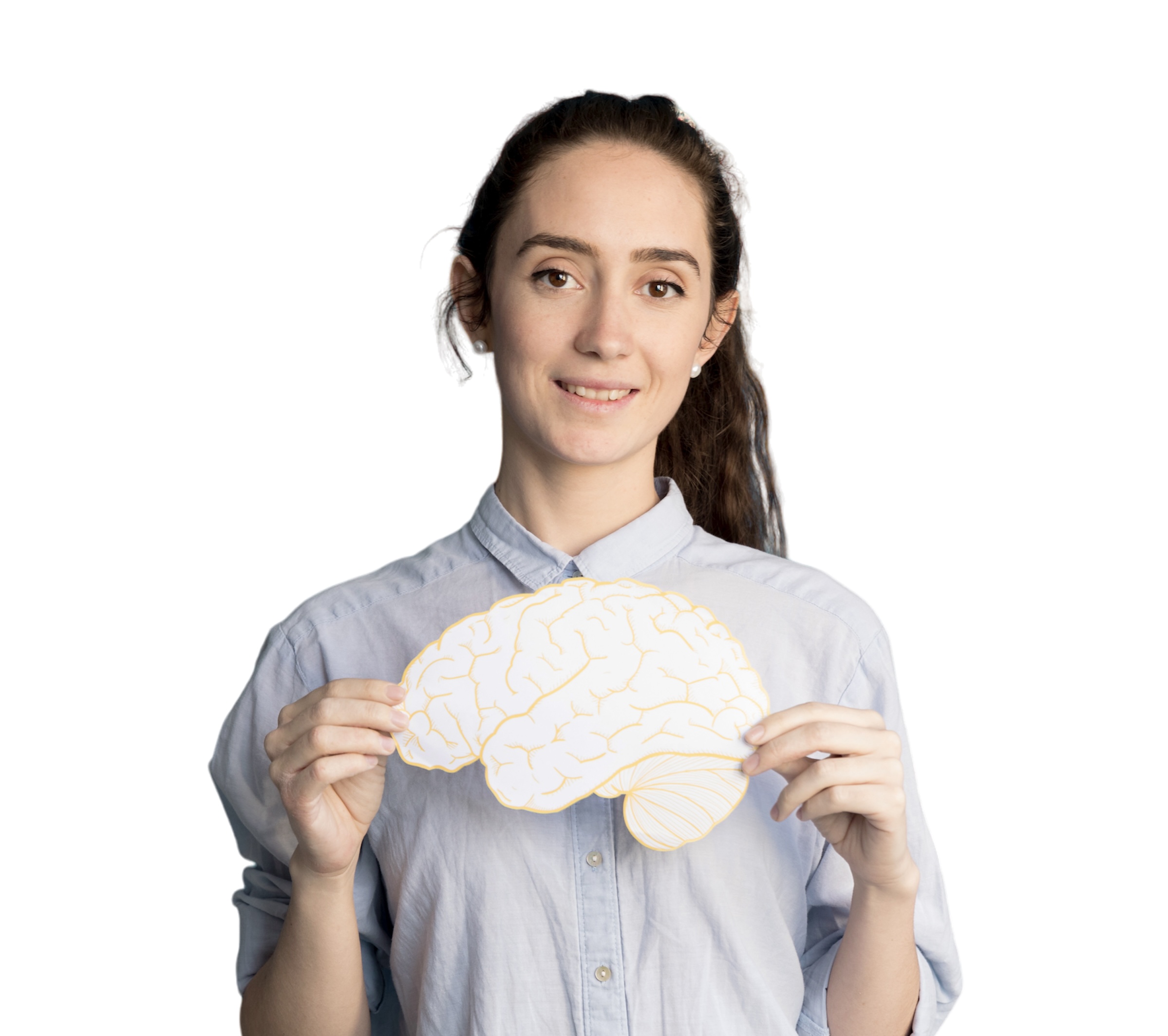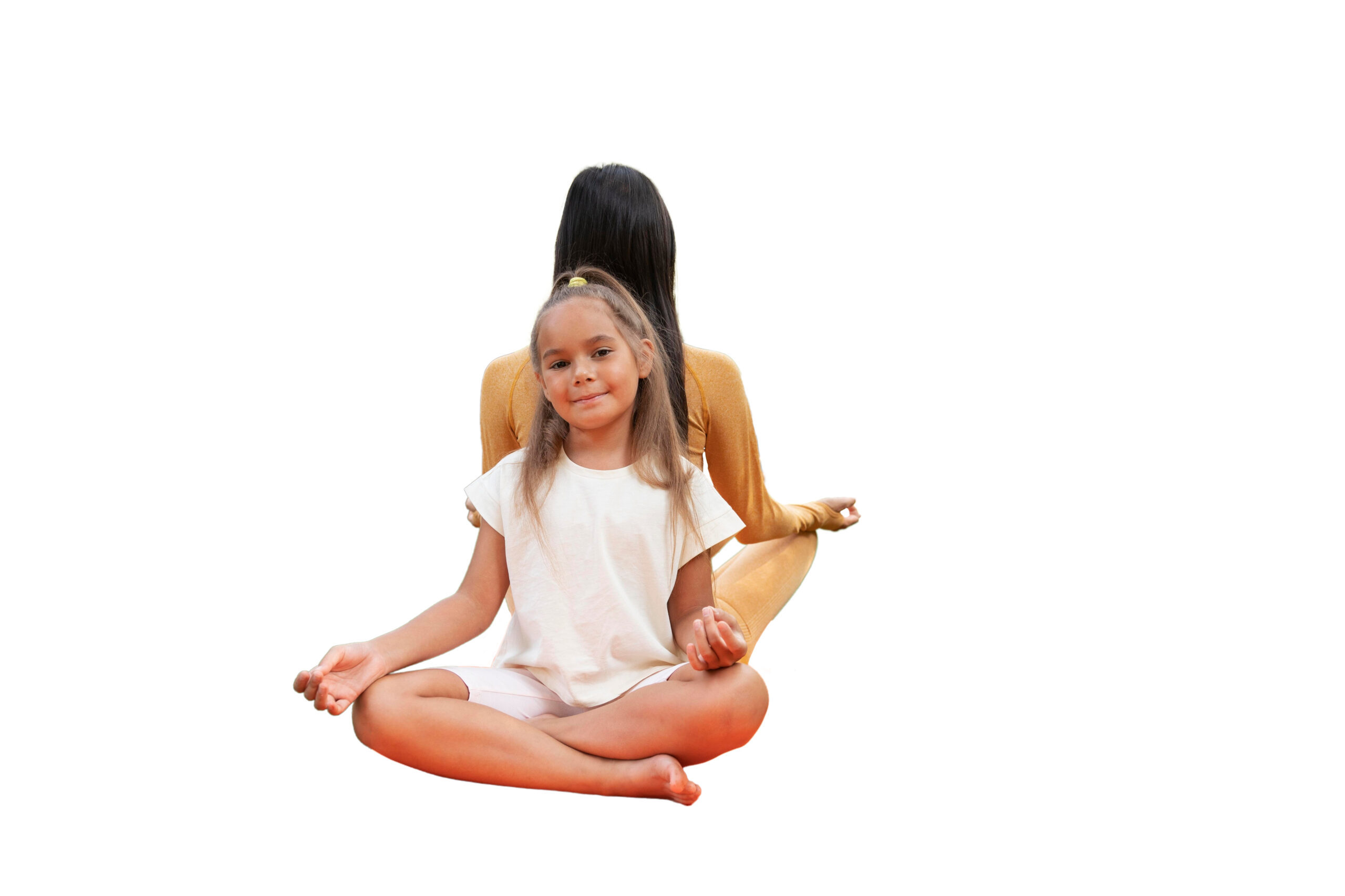Mindfulness for Children
Discover the magic of calm and focus for your child with BodhiKidz Mindfulness Course. Nurture their inner peace, resilience, and emotional well-being in a fun and engaging way. Give them the tools to thrive in today’s busy world, one mindful moment at a time.

Embark today on a transformative journey with BodhiKidz Mindfulness Course, guiding your child towards inner peace, resilience, and emotional well-being. Equip them with the profound tools to flourish amidst life’s hustle, one mindful moment at a time.
Benefits of mindfulness:
Improved focus and attention:
Mindfulness exercises help children develop the ability to concentrate and sustain attention, leading to improved focus and academic performance.
Emotion regulation
Mindfulness equips children with tools to recognize and manage their emotions in a healthy way, promoting emotional resilience and self-control.
Increased empathy and compassion
Mindfulness cultivates empathy and compassion in children, helping them develop kindness, understanding, and respect for others.
Enhanced social skills
By fostering self-awareness and empathy, mindfulness improves children’s interpersonal relationships, communication, and conflict resolution skills.
Reduced stress and anxiety
Mindfulness techniques help children relax their minds and bodies, reducing stress and anxiety levels. This fosters a sense of calm and well-being.
Enhanced self-awareness
Mindfulness practices encourage children to tune into their thoughts, feelings, and bodily sensations, promoting self-awareness and a deeper understanding of themselves.
Overall well-being
Regular mindfulness practice contributes to children’s overall well-being, promoting a positive mindset, resilience, and a greater sense of happiness and contentment.
Better self-regulation
Mindfulness empowers children to become more aware of their behaviors and responses, supporting the development of self-regulation and self-discipline.
Enhanced mental clarity and cognitive function
Mindfulness practice has been linked to improved cognitive abilities, such as memory, decision-making, problem-solving, and creativity.
Developing a balanced relationship with technology
Mindfulness helps children develop a mindful approach to technology use. It encourages them to be aware of their digital habits, establish boundaries, and use technology in a conscious and balanced manner.
Q&A Section
What specific techniques will my child learn in the mindfulness course?
Your child will learn various mindfulness techniques, including deep breathing exercises, guided visualization, mindful movement (such as yoga or stretching), and practices for cultivating kindness and gratitude.
How will mindfulness benefit my child's academic performance?
Mindfulness has been shown to enhance attention, focus, and memory, leading to improved academic performance. By learning to manage stress and regulate emotions, your child can approach learning with clarity and confidence.
Will my child be able to apply mindfulness outside of the course?
Yes, the skills learned in the mindfulness course are transferable to various aspects of life. Your child can use mindfulness techniques to manage stress, navigate social situations, and enhance overall well-being beyond the classroom.
How will mindfulness help my child cope with stress and anxiety?
Mindfulness equips children with tools to recognize and respond to stress and anxiety in healthy ways. Through practices like deep breathing and mindfulness meditation, your child can cultivate resilience and emotional regulation.
Is mindfulness suitable for children of all ages and personalities?
Yes, mindfulness can be adapted to suit children of different ages and personalities. The course will be tailored to meet the developmental needs and interests of your child, fostering a positive and inclusive learning environment.
How will the course engage my child and keep them interested?
The mindfulness course incorporates interactive activities, games, storytelling, and age-appropriate exercises to engage children in a fun and meaningful way. Your child will enjoy exploring mindfulness in a creative and interactive environment.
Will my child learn to manage conflicts and navigate social relationships through mindfulness?
Yes, mindfulness fosters emotional intelligence and empathy, enabling children to understand their own emotions and those of others. Your child will learn effective communication skills, conflict resolution strategies, and ways to cultivate positive relationships.
Can mindfulness help my child develop self-confidence and resilience?
Absolutely. Mindfulness encourages self-awareness, self-compassion, and acceptance, empowering children to embrace their strengths and navigate challenges with resilience. Your child will develop a positive mindset and a strong sense of self-worth.
How will the course address digital distractions and screen time concerns?
The course will emphasize the importance of unplugging and being present in the moment. Your child will learn strategies for managing screen time, reducing digital distractions, and cultivating mindful technology use.
What support will be available for parents to reinforce mindfulness practices at home?
The course will provide resources, tips, and guidance for parents to support their child’s mindfulness journey at home. You’ll receive information on incorporating mindfulness into daily routines, practicing mindfulness as a family, and addressing any challenges or questions that may arise.
Why Teaching Mindfulness Is Important for Kids Nowadays?


Why ‘Mindfulness’ training is crucial for our children now days?
Mindfulness training for kids is crucial in today’s world to support their mental and emotional well-being, enhance their ability to focus and learn, foster positive relationships, and develop skills for resilience and self-care. By equipping children with mindfulness tools and practices, we empower them to navigate the challenges of modern life with greater ease, presence, and inner strength.
